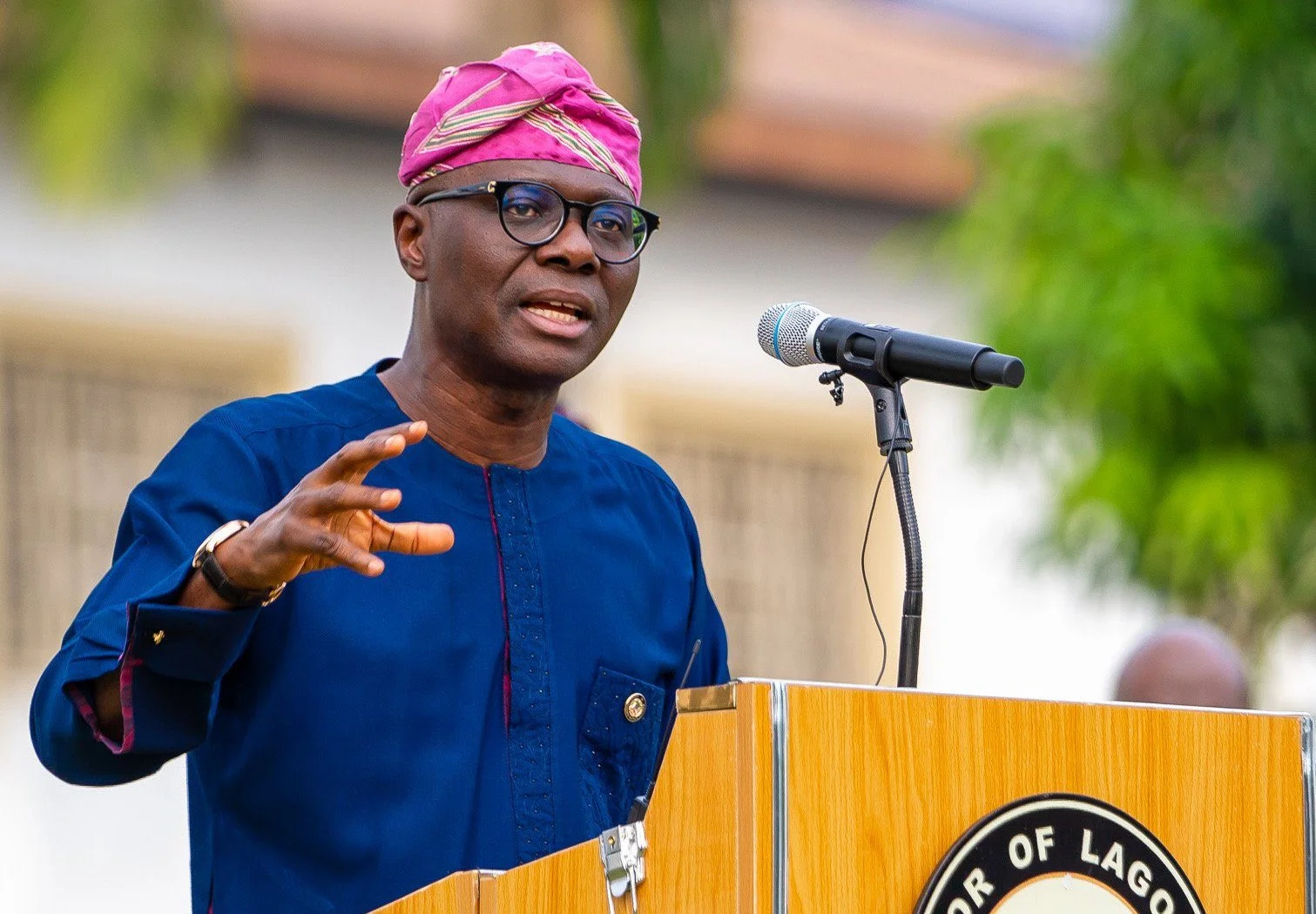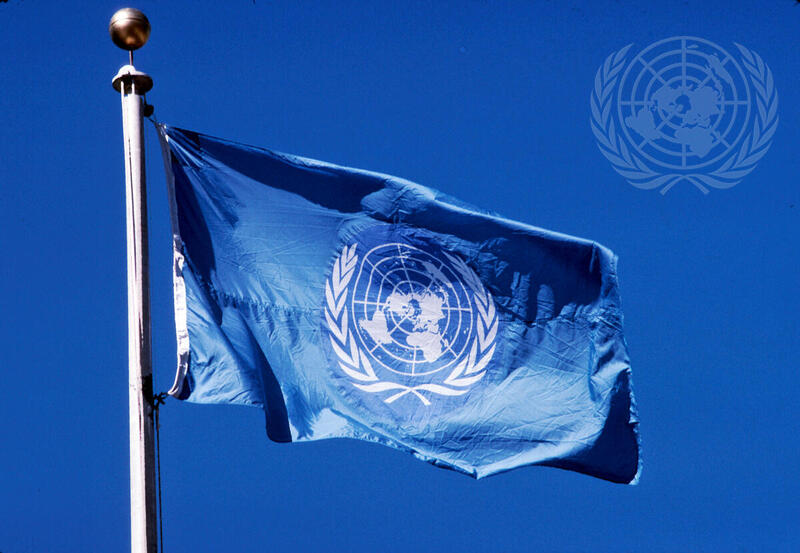As Africa’s fastest-growing coastal megacity with over 27 million residents, Lagos is on the frontline of climate change. Rising sea levels, coastal erosion, and extreme weather events pose an urgent threat to the city’s economy, infrastructure, and food security. Without immediate intervention, Lagos could face losses of up to $29 billion, according to a new report by the Lagos State Ministry of Planning and Budget.
A Looming Economic Crisis
The Lagos Economic Development Update (LEDU) 2025 warns that climate change is exacerbating existing vulnerabilities, disrupting key sectors such as transportation, agriculture, and public health. Poor urban planning and inadequate drainage systems are making matters worse, amplifying the risks associated with extreme weather conditions.
“The financial cost of climate inaction in Lagos is estimated at $22–29 billion. This underscores the urgency of addressing climate vulnerabilities to prevent deeper socio-economic inequalities, reduced investor confidence, and long-term damage to key economic sectors,” the report states.
With its unique geographical position as a low-lying coastal city, Lagos faces multidimensional risks that threaten its economic stability and long-term sustainability.
Flooding Disrupts Transport and Economy
Recurring floods are wreaking havoc on Lagos’ transportation networks. Roads, bridges, and transit systems suffer significant damage, driving up transportation costs and reducing economic efficiency.
The report highlights that Lagos’ industrial zones, ports, and residential areas are predominantly located in flood-prone zones, putting them at high risk of extreme weather events.
“These disruptions could significantly impair Lagos’ contribution to Nigeria’s GDP, destabilizing both local and national economies,” it warns.
Additionally, rapid urbanization is stretching Lagos’ drainage infrastructure beyond capacity, increasing the frequency and severity of flooding.
“The lack of adequate drainage systems and the overburdening of existing infrastructure are key contributors to recurrent urban flooding,” the report adds.
Food Security Under Threat
Lagos’ food supply is also at risk, as erratic rainfall patterns reduce agricultural yields. Climate change is causing food shortages, price volatility, and rising costs, placing additional strain on household incomes.
“Climate change disrupts rainfall patterns, reduces agricultural productivity, and threatens food security,” the report states.
With food costs rising, many Lagosians face increased economic hardship, exacerbating poverty and inequality across the state.
Public Health Risks on the Rise
Climate change is also driving a surge in health concerns. Rising temperatures and flooding increase the spread of waterborne and vector-borne diseases, such as malaria and cholera.
The report warns: “Rising temperatures, flooding, and water scarcity increase the incidence of vector-borne diseases and water contamination.”
The strain on Lagos’ healthcare system is mounting as cases of climate-related illnesses continue to rise, leading to significant public health costs.
Lagos’ Response: Climate Action and Circular Economy Initiatives
To address these challenges, the Lagos State Office of Climate Change and Circular Economy (OCCE) has introduced several initiatives, including:
Climate Action Plan (2020–2025): A strategic roadmap for reducing emissions and enhancing climate resilience.
International Partnerships: Collaborations with organizations such as the UN and Carbonivity to secure climate finance.
Circular Economy Programs: Initiatives promoting waste reduction, recycling, and sustainable production.
Public Awareness Campaigns: Educational initiatives to engage citizens on climate risks and encourage sustainable practices.
Carbon Registry: A system for tracking emissions to ensure Lagos meets its climate objectives.
Challenges and Gaps in Climate Adaptation
Despite ongoing efforts, Lagos still faces significant barriers in implementing climate resilience strategies:
Lack of regional collaboration: Limited cooperation with neighboring Ogun State is hindering metropolitan-wide climate adaptation planning.
Funding constraints: Insufficient financial resources are delaying crucial climate resilience projects.
Weak monitoring frameworks: Inadequate tracking of climate initiatives reduces accountability and effectiveness.
The Urgent Call for Action
With the stakes higher than ever, Lagos must act swiftly to build resilience against climate change. Strengthening urban planning, investing in sustainable infrastructure, and fostering stronger regional partnerships are critical steps in mitigating the economic and humanitarian toll of climate change.
As Lagos navigates this existential challenge, proactive measures will determine whether the city thrives or struggles under the weight of climate inaction.
















Got a Questions?
Find us on Socials or Contact us and we’ll get back to you as soon as possible.